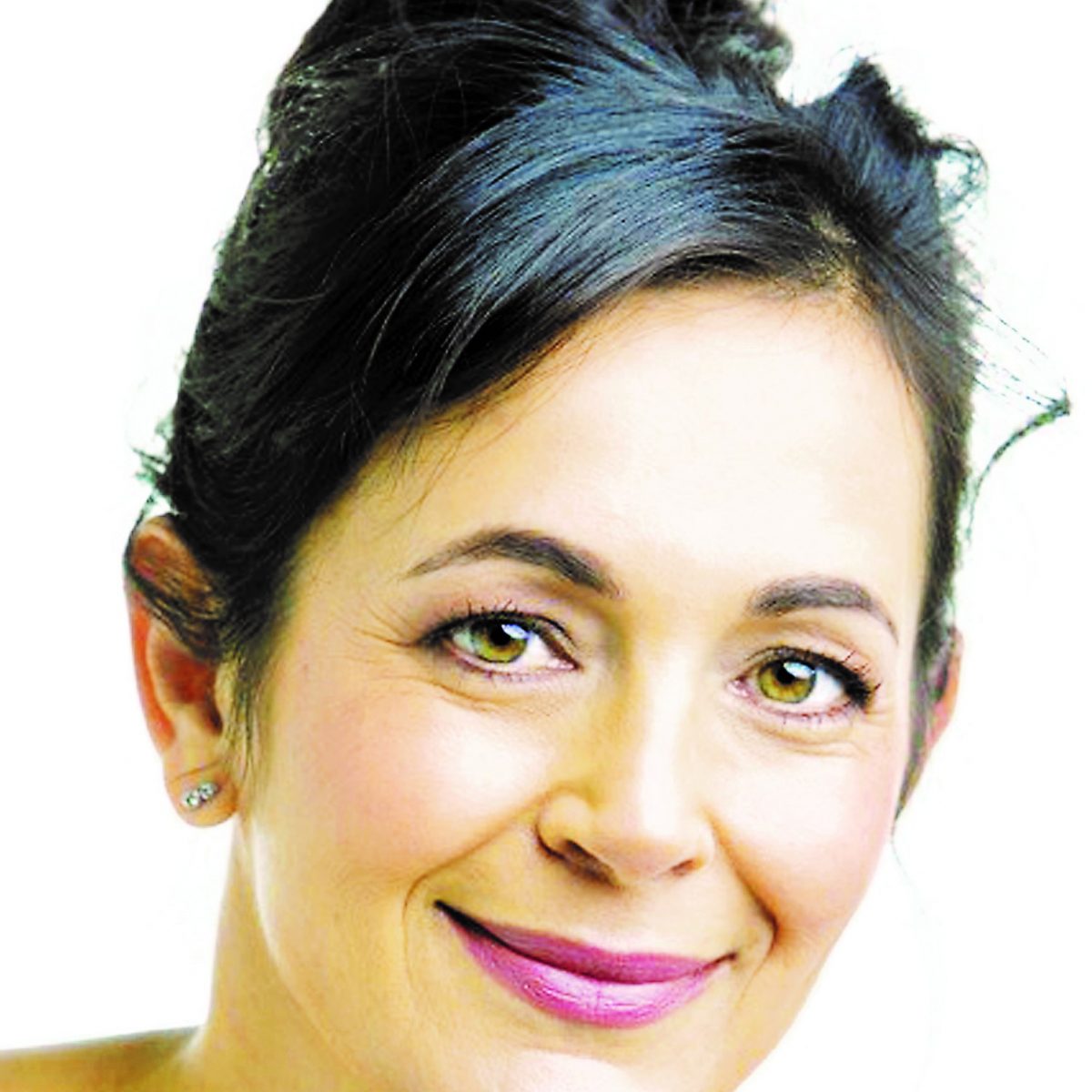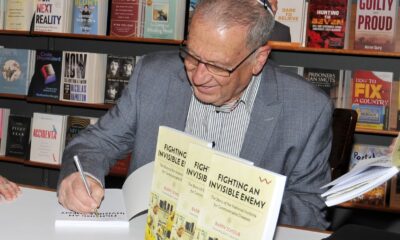
Featured Item

How the bottom fell out of the world of theatre
Most people in the entertainment industry begin their year with a somewhat blank calendar, and tons of faith. The shows will go on, and we will have work.
My month of March was ideal. I had three corporate theatre jobs, two in Gauteng and one in Nairobi. I was directing a beautiful play of restorative personal hope, and another collaborative work, based on the Life Esidimeni scandal, was booked for two play festivals.
Then COVID-19 happened, and the work evaporated.
I found myself, like many of my colleagues, pondering the bleakness of what was ahead. “Hello wall,” as Shirley Valentine would say.
I am a theatre baby and a purist, and the virtual theatre space wasn’t for me. I would have to wait it out, and have faith.
It’s always more possible to be resilient, to consider a transfer of skills, when there’s a little reserve in the bank. It’s important for me to mention, that in spite of much criticism, I was fortunate to receive some relief funding from government.
As time passed, I walked my driveway. A lot. While listening to TED Talks and podcasts – and by the way, I’ve loved the SA Jewish Report’s brilliantly curated series of webinars. I questioned what was to become of our industry. Was it even relevant?
I comforted myself in the knowledge that post COVID-19, people will need community, and theatre provides that in the most essential and magical way. However, will our audiences have enough confidence to return when public spaces eventually open?
This time has taught me the value of community; acceptance that I can’t control timelines; and it has forced me to dig deep into my actor faith that the wheel will turn.
Amidst the questioning and introspection, I created a narrative project, which I carried out with two corporate clients and another focus group. The idea came to me in response to author Arundhati Roy’s statement, as quoted in the Financial Times, “Historically, pandemics have forced humans to break with the past and imagine their world anew. Nothing could be worse than a return to normality.”
It was my need to make meaning of this time, to capture and record our lived experiences so that all the pain and loss and suffering isn’t in vain.
And what of hope?
Perhaps artists in society who bring joy, make meaning, provoke thought, and give voice, perhaps in a post COVID-19 world, they will have real value. And that value will be supported by grants for new works, for old works told in new ways, for artists to have financial reserves, so that when the next crisis hits, they can survive.
At the last event I did – a family day with 2 000 people – I so vividly remember watching the technicians, and thinking that on Monday, they would be retrenched. Surely they would prefer to get COVID-19 and keep their jobs than get sick and have no money for food?
Sadly, this is the reality for many of the brilliantly talented people who grace the entertainment spaces with passion and love and a will to make meaning and joy.
We are a hand-to-mouth industry. I remain privileged that I have resources to hold me in times of crisis. But there are many who find themselves unable to cover rent, car payments, their cell phones – a source of livelihood – medical support, and groceries.
This is the reality of many who brought you community and catharsis as you stood to applaud their South African brilliance on our stages.
This Saturday, 2 August, you can applaud once again by watching the Open Spaces Concert. For booking details: https://www.quicket.co.za/events/108032-open-spaces/?preview=t
- Gina Shmukler is an actress, director and theatre maker.










